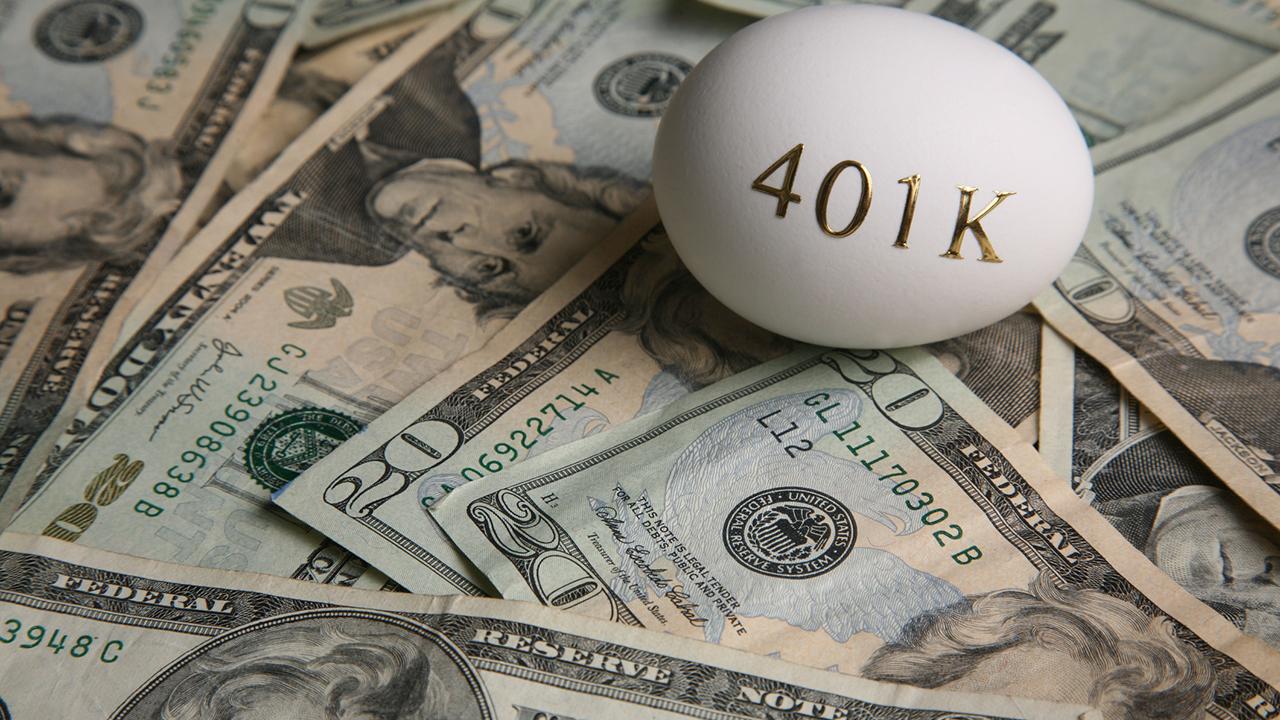Retired Americans at risk financially as wealth gap widens
The wealth gap is making retired Americans financially vulnerable, research suggests.
Older adults in the U.S. are facing a record-high level of income inequality in the U.S., despite consistent economic growth. And the wealth disparity may be due to the differences in the median value of retirement accounts and home equity among higher-and lower-earning households, two new reports show.

A report by the National Institute on Retirement Security (NIRS) looked at financial assets like savings accounts, stocks and bonds. Researchers found that baby boomers’ share of financial assets has shifted toward the wealthy.
RETIREMENT ABROAD: WHERE BABY BOOMERS ARE ABLE TO STRETCH THEIR RETIREMENT SAVINGS
From 2004 to 2016, the share of financial assets owned by the wealthiest 5 percent of baby boomer households increased from 52 percent in 2004 to 60 percent in 2016. What’s more, the share owned by the top 10 percent rose from 68 percent to 75 percent over the same time period. The share of financial assets owned by the top 25 percent of households grew from 86 percent to 91 percent. Meanwhile, the share of financial assets owned by the bottom 50 percent of baby boomer households shrank from 3 percent in 2004 to less than 2 percent in 2016.
MILLENIALS TURN TO EXTREME SAVING METHOD TO RETIRE EARLY
Homeownership is another factor in determining wealth disparity among adults since home equity is one of the biggest financial assets for many older Americans. A separate report by the Joint Center for Housing Studies of Harvard University (JCHS) found that rates of homeownership have gone down since the Great Recession. The homeowner rate among adults aged 50 to 64 was 74.2 percent in 2018, 6.2 percentage points lower than in 2004, and nearly 5 percentage points lower than that in the 1990s.
GET FOX BUSINESS ON THE GO BY CLICKING HERE

The homeowner rate among adults aged 50 to 64 was 74.2 percent in 2018, 6.2 percentage points lower than in 2004, according to a JCHS report.
This uneven distribution of wealth coupled with shockingly low retirement savings among most households could be a threat to working Americans nearing retirement. Indeed, 59% of working Americans don’t have retirement savings like 401(k)s or Individual Retirement Accounts, according to the NIRS.
NIRS research suggested public policy changes to help improve retirement security for working Americans, such as increasing Social Security revenues to help give more benefits for those earning lower wages.
The average annual Social Security retirement benefit is $17,500 this year, with a 1.6% cost-of-living increase slated for 2020.




















